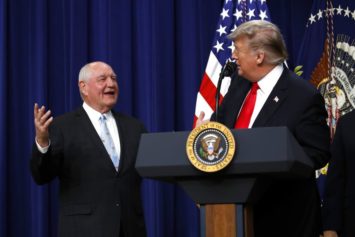The growing absence of fathers in American households — particularly in the African-American community — has been studied by academicians for decades, with liberal and conservative writers and policymakers squaring off and pointing fingers in different directions. But there’s very little argument that many of the regulations instituted during President Lyndon B. Johnson’s War on Poverty, such as the welfare, food stamp and Medicaid programs, act as disincentives for mothers and fathers to stay together.
A Mother’s Calculation: A Man Will Reduce Her Income
Welfare programs created disincentives for couples to get married because benefits are reduced as a family’s income rises. A mother will receive far more from welfare if she is single than if she has an employed husband in the home. For many low-income couples, marriage means a reduction in government assistance and an overall decline in the couple’s joint income — a reduction of benefits by an average of 10 percent to 20 percent of their total income. Because so many of the other programs low-income women rely on — such as food stamps, public housing, Medicaid and public day care — also carry a means test, single mothers are cut off from a wide range of government services if they decide to marry and subsequently raise their income. Over time, for many Black women in low-income neighborhoods, they see the father of their child(ren) as a less reliable breadwinner and partner than the federal government.


